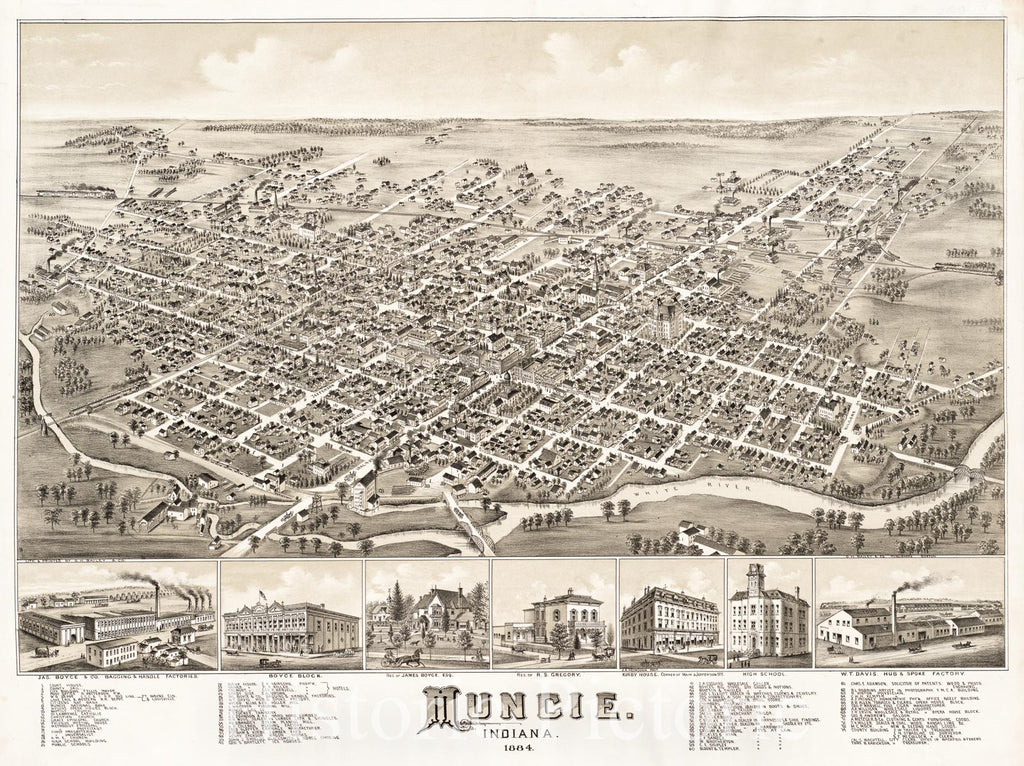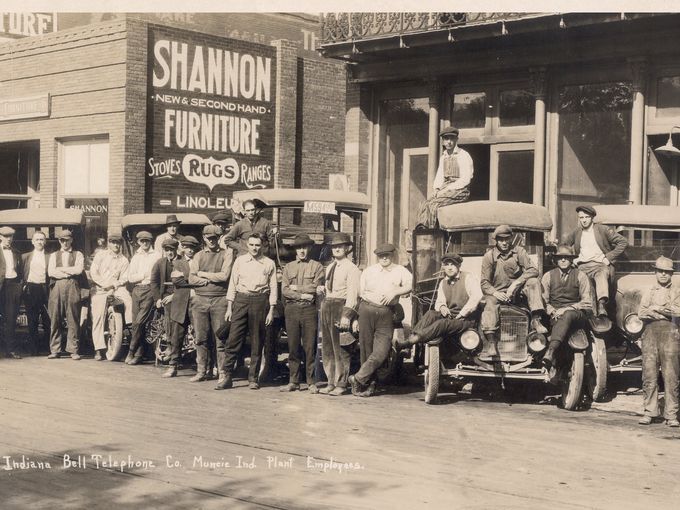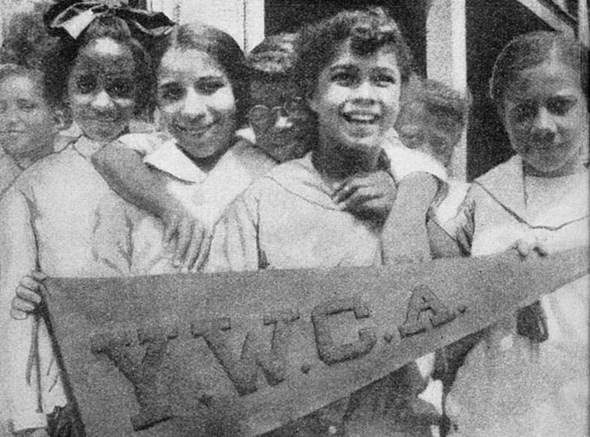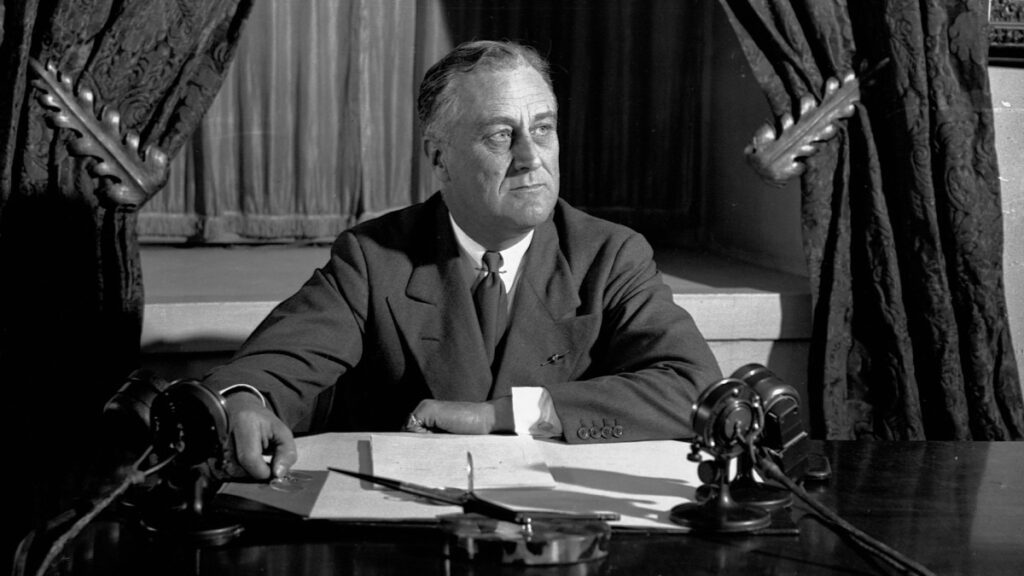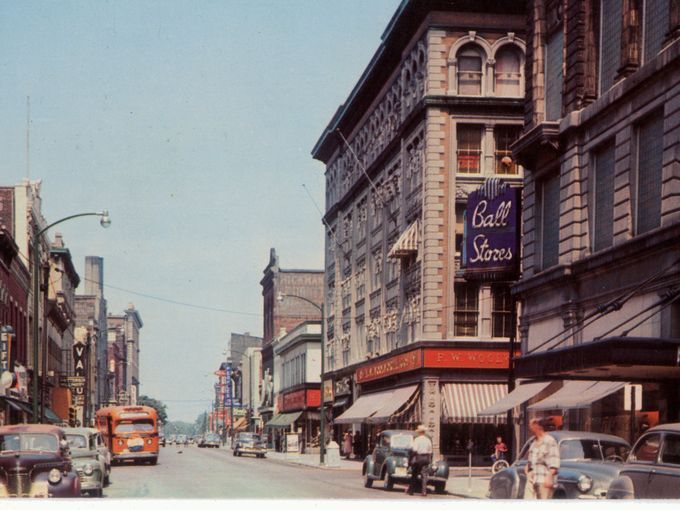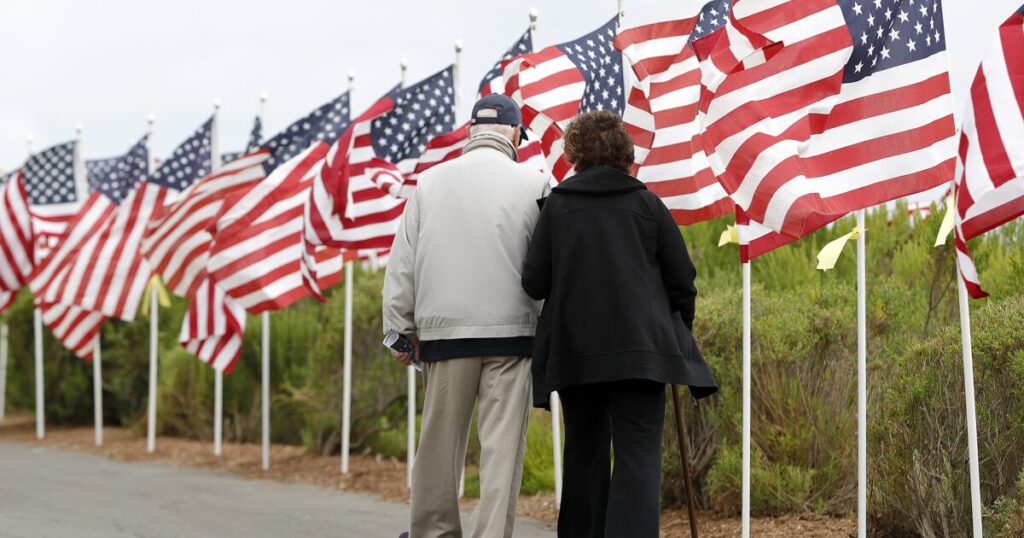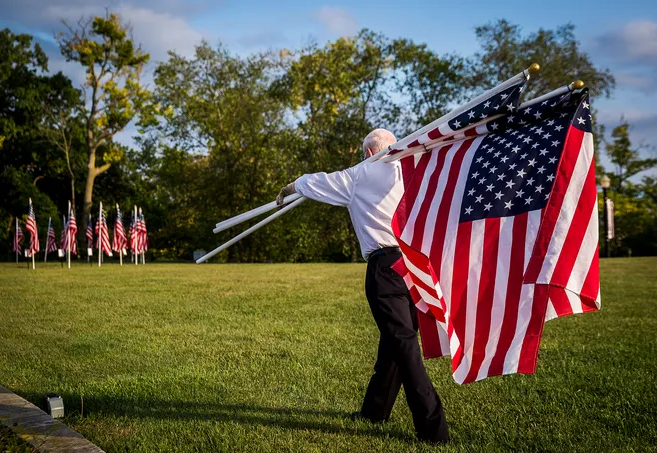The National Exchange Club had mid-west origins in downtown Detroit. A small group of men from the business and professional communities met regularly in a restaurant to eat a good lunch and enjoy the pleasure of each other’s company. They exchanged stories and ideas and advised each other on business matters. As time went on, it was organized as a local club, using the name “Exchange.” Community service became the focus of the club’s activity.
Word of the organization spread and three other clubs were soon established in Michigan and Ohio. In response to this growing interest, representatives of the four clubs met in Toledo in 1917 and formally incorporated as a national organization. Using inspiration from Psalm 133, “Behold how good and pleasant it is for brethren to dwell together in unity…”, the motto “Unity for Service” was adopted and the basic tenets of organization and purpose were established.


